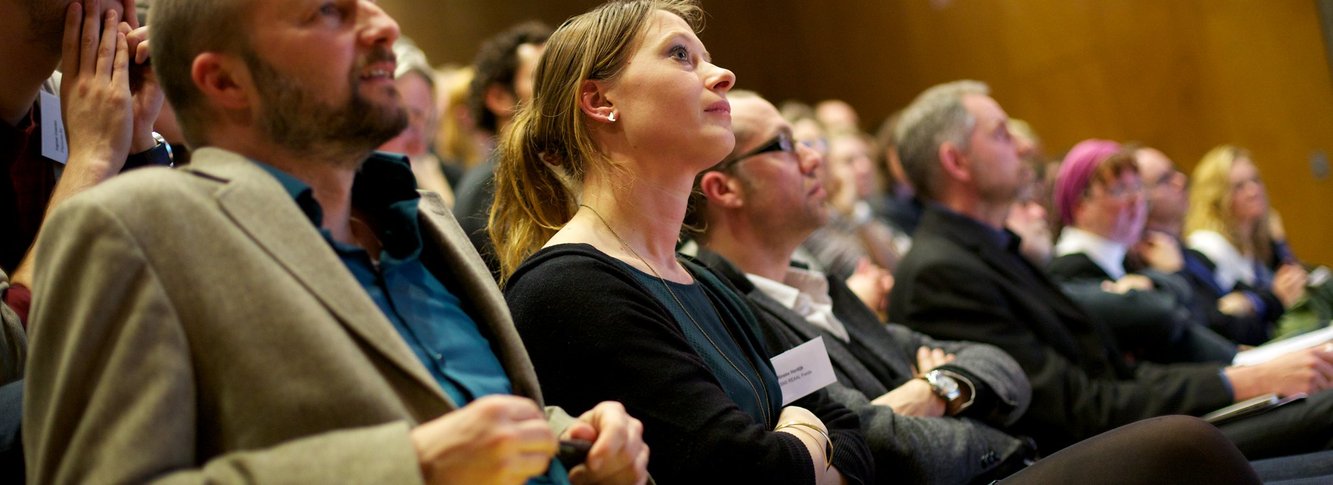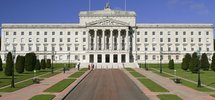| 7 mins read
British academia, and the study of British history in the UK, is overwhelmingly left-leaning. In any history department, you are likely to find colleagues with a similar set of views on Brexit (opposed), immigration (positive), public spending (more), taxes (higher), trade unions (not powerful enough) and climate change (an existential threat).
These positions are taken as ‘common sense’ rather than the product of ideology and interests, and yet it is often assumed that the field is not sufficiently to the left. Past & Present, founded primarily by Marxist historians, is our most prestigious journal. History Workshop Journal, whose masthead read first ‘a journal of socialist historians’ is a mainstream part of the landscape. Left-leaning perspectives and the institutions that support them are now not regarded as ‘political’ in the same way as interventions by conservatives (rightly) are.
What effect does it have on what history we study and how we study it? What benefits might more openly conservative-inclined participants bring the profession?
Evidence
That British academia is disproportionally left-wing and especially pro-Labour is backed by evidence. YouGov found in 2020 that 53 per cent of current and retired academics supported the Labour Party at the 2017 general election, with just 18 per cent backing the Conservative Party. This is compared to the national result in which Labour received 40 per cent of the vote and the Conservatives 42.3 per cent. Similarly, only 17.3 per cent of academics voted to leave the European Union in 2016, compared to 51.9 per cent of the general population.
This political homogeneity is relatively recent. In 1964, the year Harold Wilson became prime minister, evidence shows that the politics of British academia still leaned left, but there were many more conservatives around.
The late 1970s to mid-1990s was still an era of political diversity, and British political history was still seen as vibrant. Prominent Liberal or Social Democratic historians included Andrew Adonis, David Marquand and Peter Clarke, while the Communist Party Historians Group’s influence was felt in the work of Eric Hobsbawm, Raphael Samuel and E. P. Thompson.
It was this ideological diversity, combined with the political ferment of the late 1970s and 1980s, which was in part behind the development of the ‘new political history’.
This political diversity stands in contrast to today. The death of British Communism and Trotskyism has left British history largely denuded of a serious far-left perspective, with the left more attached to the Labour Party than it has ever previously been.
While there are several prominent right-leaning modern British historians—Andrew Roberts, Jeremy Black, and Simon Heffer, for example—they tend to be outside academia, have retired, or are late-career academics. Some UK history departments do include a handful of conservatives, though most are ‘in the closet’.
Causes
Academia has become less socially exclusive and, especially, less male at a time in which women voters in Britain have become more left-leaning. There has also been an increasing trend for voting behaviour to correlate with education—those with degrees, especially higher degrees, lean towards Labour and those without towards the Conservatives.
Within academia there has also been an increasing conflation of methodological innovation with political radicalism, associated with the ascent of particular subjects and methodologies. The most notable of these has been the move away from political history in general (in which many right-wing historians did their work), first towards social and then cultural history.
These trends have been furthered by the recent proliferation of posts in queer history, gender history, and black British history. Conservatives are often sceptical of liberation and are not convinced that equality is a goal to which societies (let alone historians) should subscribe.
Consequences
What are the effects of this skew towards the left in history departments, and especially among those who study modern British history?
The first is that being a conservative in UK academia is not always a pleasant experience. I have, for example, been told by a conference attendee that ‘Conservatives can't do history’. Similarly, why should students who supported Brexit, for example, be belittled in ways that would never be acceptable in reverse?
Greater political diversity would be good for British history too. Instrumentally speaking, humanities departments have come under successful attack from the government because there are few conservatives within them to mount a defence. Less instrumentally, conservatives are also useful interlocutors. One could not write about The Churchill Myths (2020), for example, without someone doing the mythmaking. Most importantly, however, those with conservative views are likely to have different perspectives, interests and motivations.
What might it mean then to have more Tories around? First, there would hopefully be a greater recognition of the way in which, as David Edgerton (who is also not a conservative) has argued, certain commonplace arguments, narratives and terminology in British history—including, but not limited to, Keynesianism, the welfare state and the description of Britain as a social democracy—are not apolitical, but informed by a distinct political perspective which can obscure as much as it reveals.
Second, there would perhaps be a greater emphasis on politics. The experience of Brexit and the turbulent politics of the last ten years is the clearest indication of its continued relevance. At the very least, the conservative viewpoint would lead to a greater recognition of contingency within British history—the recognition, for example, that the vote to leave the EU was a narrow one.
Solutions
How could those with more conservative views be brought into the profession and, critically, enabled to stay in it? First, conservativism needs to be made more appealing to those with degrees. In the meantime, those with more conservative opinions should make the case for greater attention to viewpoint diversity within universities. Likewise, we should do all we can to support campaigns against academic precarity.
At the same time, diversity is a two-way street. Conservative-leaning historians thus have a duty to engage with those topics and subjects to which they may not naturally be inclined.
Many PQ readers as well as my colleagues will disagree with my analysis. I hope they do. We need to argue more. To do that, however, we need more people who think differently.
Need help using Wiley? Click here for help using Wiley







